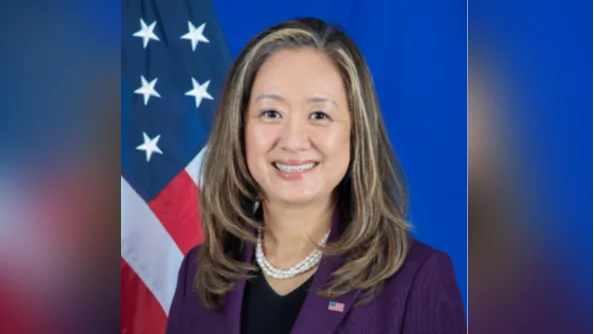The U.S. Embassy in Sri Lanka, working with the U.S. Department of Commerce’s Commercial Law Development Program (CLDP), recently held a workshop in Colombo aimed at strengthening Sri Lanka’s legal capacity in ports law and public–private partnerships (PPPs). The event, which took place from September 8 to 10, brought together legal experts from the Sri Lanka Ports Authority and the Attorney General’s Department.
The training focused on concession law, which sets out how agreements between governments and private companies are structured. Organizers highlighted transparency, accountability, and protection of the public interest as central goals. The initiative is part of ongoing U.S. efforts to support stronger institutions in Sri Lanka and ensure that future infrastructure projects benefit the country while promoting fair commercial practices.
U.S. Ambassador to Sri Lanka Julie Chung commented on the collaboration: “As Indo-Pacific partners, the United States and Sri Lanka are working side by side to safeguard security and keep commerce open. Public–private partnerships are a key part of that effort, helping to advance major infrastructure projects that support economic growth and national development. This workshop equips Sri Lanka’s experts with international best practices and lessons learned, ensuring future concession agreements bring value to Sri Lanka while protecting its sovereignty. Strong legal frameworks also give American and international investors confidence, creating opportunities for the United States and other partners to contribute to Sri Lanka’s progress. What we build together today is a foundation for tomorrow’s shared security.”
The CLDP training was divided into three sessions: an overview of effective legal frameworks for ports law and PPPs using global examples; an examination of concession agreements through analysis of successful international models; and a detailed review comparing Sri Lanka’s current concession agreement format with international standards.
Legal trainers from CLDP led discussions on global best practices for infrastructure partnerships. The program underscored the importance of ports like Colombo as crucial hubs for trade in South Asia, including cargo moving between Sri Lanka and the United States. Both countries emphasized their commitment to building transparent partnerships that can drive economic recovery, strengthen supply chains, and contribute to regional stability.

